Board approves motion, instills ‘sense of decorum’
Board of Trustees meeting attendees convene outside Student Services Center Building, Room SSC 2200, on the main campus in Glen Ellyn as the Board entered into closed session.
September 25, 2014
The College of DuPage board of trustees approved a motion Sept. 25 to regulate public conduct at regular meetings. The measure passed with a 6-1 vote. Vice Chairman Kathy Hamilton voted “no.”
The motion discourages unruly conduct from taking place during regular meetings and acts as code of conduct for members of the public in attendance.
“Respect for the duties of the board and for the democratic process will be adhered to – in this regard, civility and a sense of decorum will be strictly followed,” the motion stated.
Prior to the motion’s approval, Hamilton stated the board proposed the motion in fear of the public.
“I have to ask, what are you afraid of that you need to make a policy like this? I think this is really unnecessary,” Hamilton said.
Co-Vice Chairman Joseph Wozniak responded to Hamilton, stating the motion was proposed to promote the formality of meetings.
“It’s not being afraid, it’s about having some formality. Last month was a zoo,” Wozniak said, referring to the Aug. 21 meeting.
The new rules divide public commentary into two portions.
“The initial Public Comment segment shall be limited to items specifically on the agenda. The Public Comment segment at the end of the meeting shall be open to any relevant subject matters,” the new rules stated.
After the agenda was adopted, Hamilton moved to place the general public comment section to the forefront.
“By placing the general comment in the back of the agenda, it says to the people that their comments are irrelevant and their voice at the College of DuPage is not wanted,” Hamilton said. Hamilton’s motion did not pass.
Trustee Kim Savage stated she had been to the meetings of other school boards and public bodies with the same format: one public comment section prior to the meeting pertaining to agenda items and one following the meeting for general comments.
“By separating the [public commentary] this way it allows the board to focus on its business before it gets too late and everybody is short on brain cells,” Savage said.
An electronic version of the document is provided in the Board Packet for September 25, 2014 Regular Board Meeting.



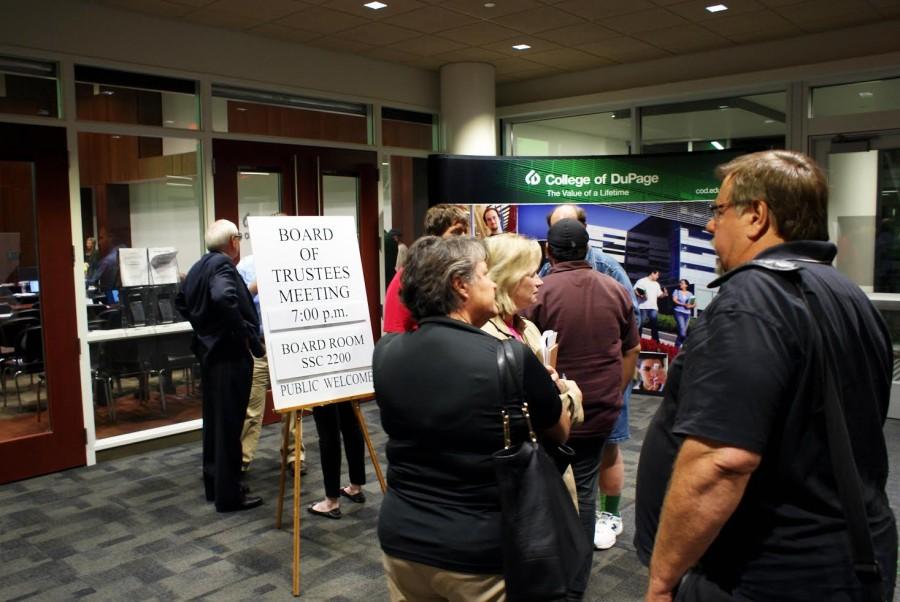


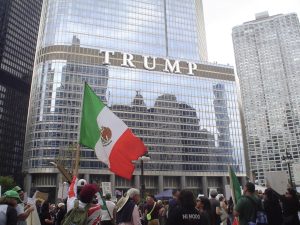

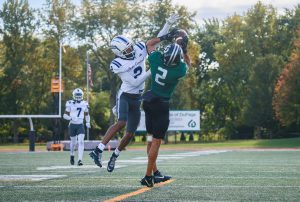





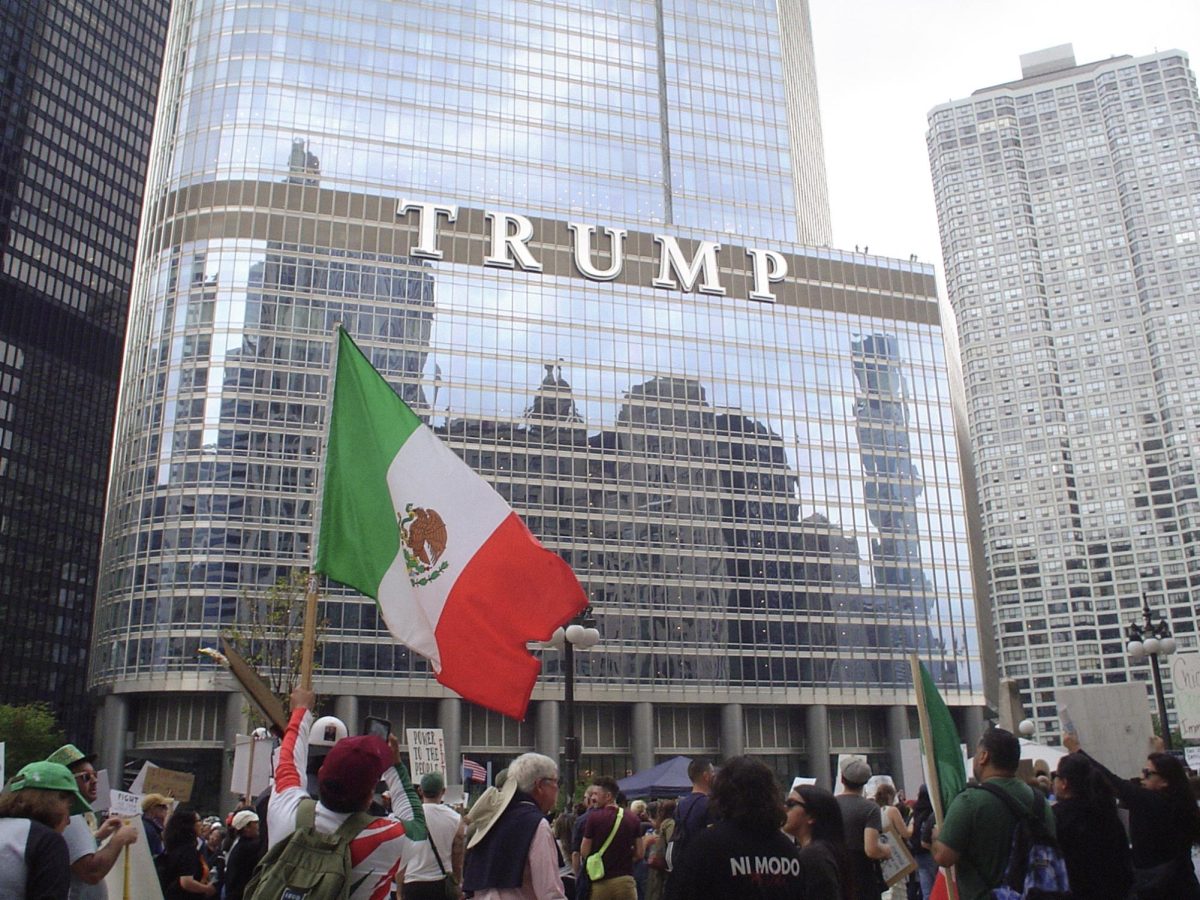
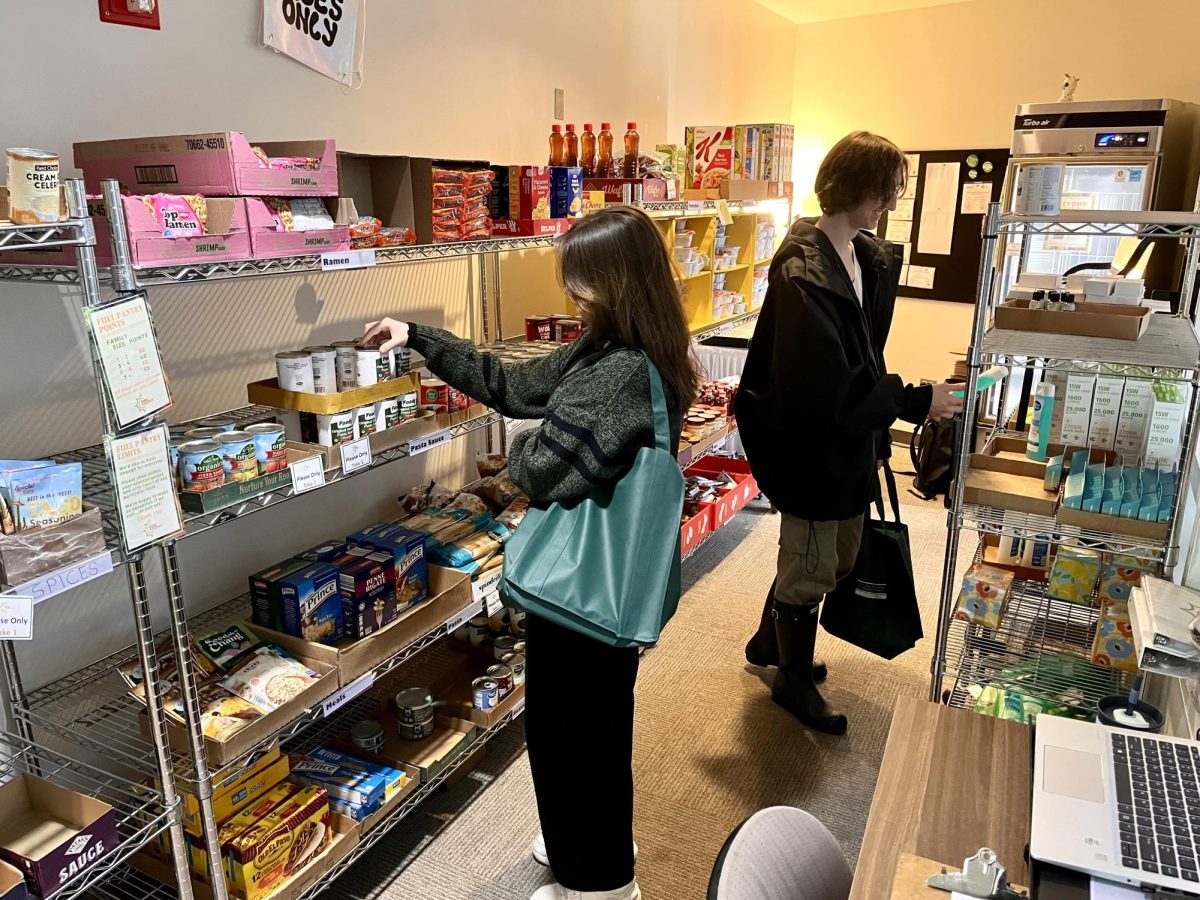


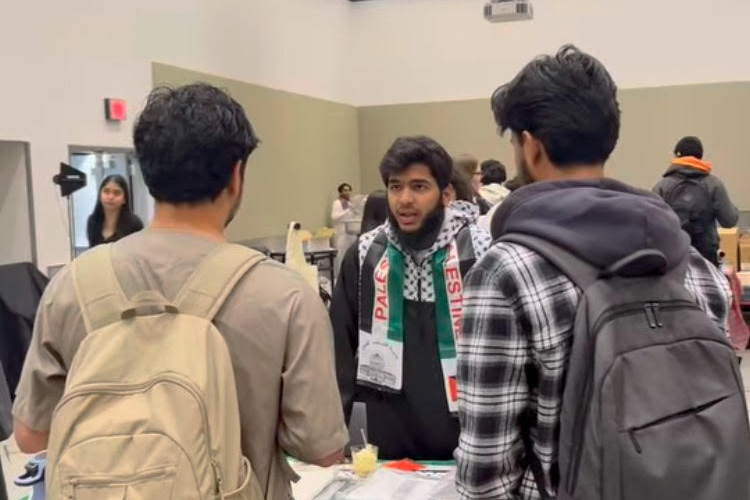
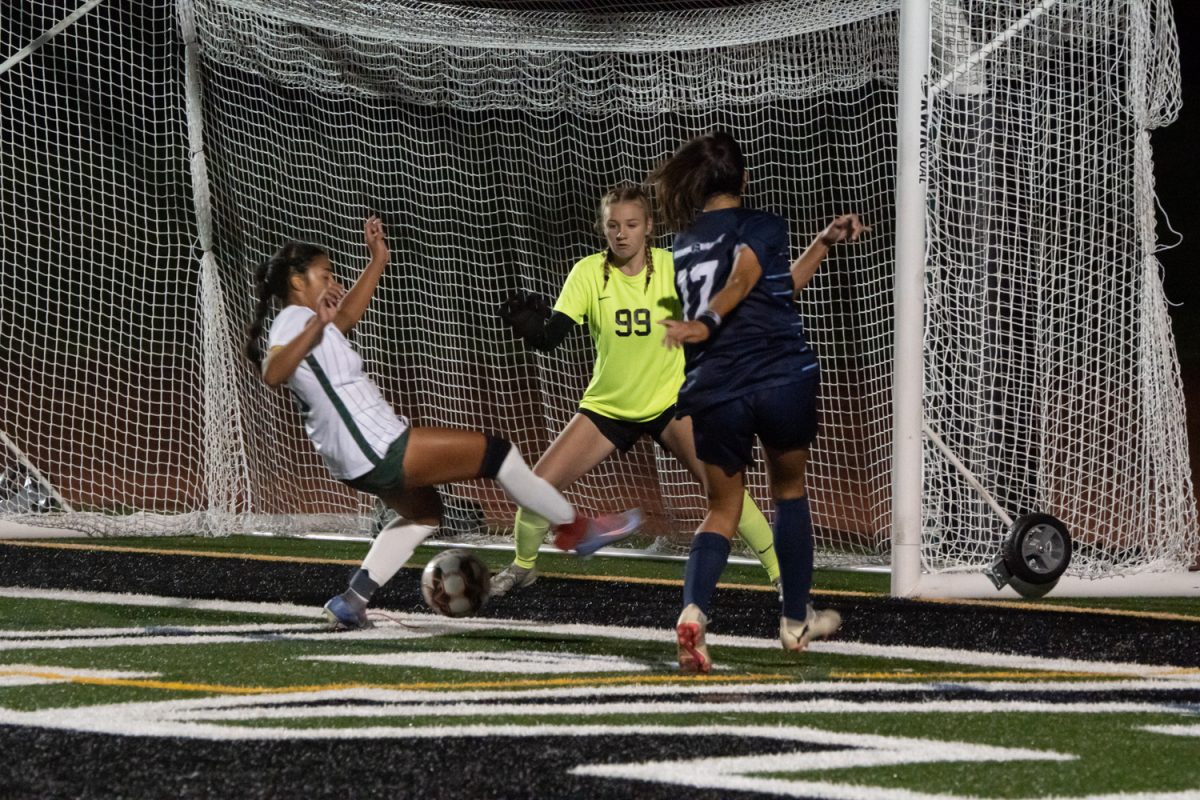

Lawrence Johnson • Oct 2, 2014 at 5:11 pm
The article fails to mention the outcome of Trustee Hamilton’s motion. Moving public comments to the beginning of the meeting would seem to be an innocuous change and at least, worthy of discussion. Not a single spineless Trustee dared to second the motion and thereby incur the wrath of President Breuder and Chair Birt.. Trustee Hamilton’s reasonable motion failed for lack of a second.
The article also fails to mention that the result of relocating public comments to the end of the meeting was that citizens and voters had to cool their heels for 3 hours during the Board closed
session. Public comments began at 11pm after most had to leave for family obligations.
Steven • Sep 30, 2014 at 6:21 pm
If they had mentioned that it was an illegal vote, the editor and chief Dr. Breuder would have removed it.
John Kraft • Sep 27, 2014 at 2:26 pm
“Last month was a zoo,” Wozniak said.
That is true, and he was in the cage with the rest of the animals.
Edward Franckowiak • Sep 26, 2014 at 10:08 pm
While looking at the folowing COD document:
The Board of Trustees – Operation of the Board 5-85
Formulation of Board Policy
The authority and responsibility to enact College policy rests with the Board of Trustees
.
The Board will continually monitor existing policies of the College to ensure their currency and applicability to existing conditions and will update as necessary and appropriate In formulating board policy for the Board’s consideration, the President will notify the Shared Governance Council (or its successor) of impending changes to existing policy, or proposed new
policy, and where appropriate, seek input from stakeholders.
A policy will require two readings by the Board prior to adopting. The readings will be agenda items at meetings of the Board.
Based on this Policy, The board illegally voted on this policy change. This should have been reported in the paper.